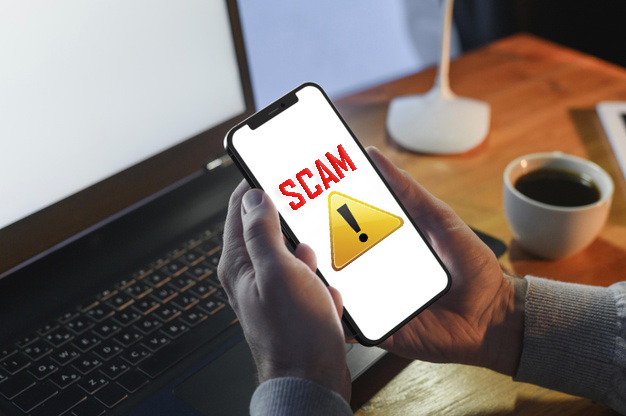
Attorney General Chris Carr is warning consumers about an imposter scam where con artists pose as local law enforcement officials in an attempt to add credibility to their schemes. This alert follows recent reports of an officer impersonation scam targeting Georgians around the state.
“Scammers are using technology to impersonate legitimate law enforcement officials and intimidate Georgians into turning over their hard-earned money,” said Carr.
“What may seem like an abrupt or hasty phone call from a local officer may be an attempt by a fraudster to steal your personal or financial information. Knowledge is your best defense, and we encourage all consumers to learn how to recognize and report this type of scam.”
Con artists are using phone spoofing technology to make it appear as though you are receiving a call from a legitimate law enforcement agency. In one reported scenario, the imposters claim that the potential victim was summoned to a federal grand jury and missed the court date. Because of this, the individual is told that they must report to a local law enforcement office for bond and to “process the paperwork.” To resolve the issue, the perpetrators instruct the potential victim to go to a retail store and buy “bond vouchers” in the form of gift cards.
What to know:
- In most cases, law enforcement will not call you if a warrant has been issued for your arrest.
- Additionally, law enforcement will never allow for arrangements to be made over the phone to clear a warrant and will not take any forms of payment over the phone for warrants.
- A real warrant is a court-ordered document authorizing any and all law enforcement agencies to arrest the named person, so they can appear before a judge and answer for the given charge.
Jury duty scam:
- This is one of the most common types of scams where criminals pose as law enforcement officials.
- This type of scam is similar to officer impersonation scams in that the scammer claims a warrant has been issued for your arrest.
- The scammer then may ask you for confidential information for “verification” purposes, such as your Social Security number, date of birth or credit card number.
- This personal information could be used to open new accounts and/or apply for credit cards in your name.
What to do:
- If you encounter an officer impersonation scam, hang up and contact local law enforcement directly to file a report.
- Georgians can also contact the Georgia Attorney General’s Consumer Protection Division at (404) 651-8600 or file a complaint online.
- For additional tips on imposter scams, visit the Consumer Protection Division website.
- The Consumer Protection Division website also offers additional information on spoofing technology.


Chattooga Opinions
Medically Supervised Weight Loss: Inside Premier Weight Loss & Medispa

Chattooga Local News
Georgia Power Files Plan for Customer Rate Decrease with Public Service Commission

Chattooga Local Government
Carr Pushes for Permanent Halt of Medicare and Medicaid Funding for Child Sex-Change Procedures

Bulloch Public Safety
02/20/2026 Booking Report for Bulloch County

Bulloch Public Safety
01/26/2026 Booking Report for Bulloch County

Bulloch Public Safety
02/09/2026 Booking Report for Bulloch County

Bulloch Public Safety
01/22/2026 Booking Report for Bulloch County

Bulloch Public Safety
02/16/2026 Booking Report for Bulloch County

Bulloch Public Safety
02/02/2026 Booking Report for Bulloch County





